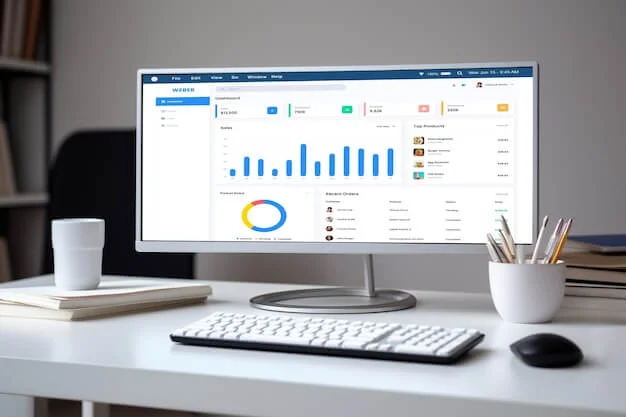Google Ads conversion tracking is a critical component of any successful PPC campaign. It helps you measure the effectiveness of your ads and make data-driven decisions to improve your campaigns. However, it’s not uncommon for marketers to make mistakes in tracking conversions, which can lead to skewed results and impact the success of their campaigns. Here are six common mistakes you need to avoid to ensure accurate and reliable conversion tracking.
- Not setting up conversion tracking: The first and most critical mistake is not setting up conversion tracking at all. Without conversion tracking, you won’t know which ads, keywords, and landing pages are driving the most conversions, and you’ll be flying blind.
- Not using the right conversion tracking code: Google Ads provides two types of conversion tracking codes – a global site tag and an event snippet. The global site tag is used to track all conversions on your website, while the event snippet is used to track specific actions such as form submissions or button clicks. Make sure you’re using the right code for your specific conversion tracking needs.
- Not verifying the tracking code: Once you’ve installed the conversion tracking code, it’s essential to verify that it’s working correctly. You can do this by checking the conversion tracking status in your Google Ads account or by testing the conversion tracking code on a test page before implementing it on your live site.
- Not using the same conversion tracking code on all pages: For accurate conversion tracking, it’s crucial to use the same conversion tracking code on all pages where conversions occur. If you use different codes for different pages, you won’t be able to accurately track conversions across your site.
- Not excluding internal traffic: If you have employees or contractors visiting your website, it’s important to exclude their traffic from conversion tracking. Otherwise, their visits will skew your conversion data, making it difficult to get an accurate picture of your campaign’s performance.
- Not testing conversion tracking regularly: Finally, it’s essential to test your conversion tracking regularly to ensure that it’s working correctly. You can do this by checking your conversion data in Google Ads, testing the conversion tracking code on a test page, or conducting regular audits of your conversion tracking setup.
An Evaluation of SEO vs PPC for Startup Companies
Our Perspective
Conversion tracking is a critical component of any PPC campaign, and it’s essential to avoid these six common mistakes. By avoiding these mistakes, you’ll ensure accurate and reliable conversion tracking, allowing you to make data-driven decisions to improve your campaigns and drive better results.




